A judgment is a legal obligation to pay a debt after you have been taken to court. Judgments are legally binding contracts by the court and must be paid. In some cases the court will even award the creditor interest on what you must repay them.
This means the amount of debt you will end up paying will be even higher than what you owe now. If you are unable to pay the judgment or make payment arrangements in court further legal action is usually the route the court will take. Depending on the state you live in the court may garnish wages, go after bank accounts or seize any of your assets in order to settle the debt.
Judgments show up negatively on a credit report. The amount of money owed will have a negative impact for the duration of the payments and will continue to impact a credit score for seven years after the debt has been paid in full.
After seven years has gone by the judgment will be removed from your credit report. Negative marks on a credit report can make it hard to get a loan for a new car, mortgage a house, or even get a credit card. If you are able to obtain a loan with a lower credit score it will have a high interest rate and unfavorable monthly payments. It is best to keep your credit score high to avoid overpaying for anything you may need a loan for.
It is always best to avoid court, and get debt paid before any legal action begins to take place. Cain and Daniels works with your credit to either reduce debt or create a way to pay the debt back over time, while keeping you in business. In some cases we have been able to both negotiate the amounts to be paid back as well as an affordable payments plan. Even if you already have a lawsuit waiting, we can help before you ever see the courtroom. The best plan is to always avoid a battle in court.
